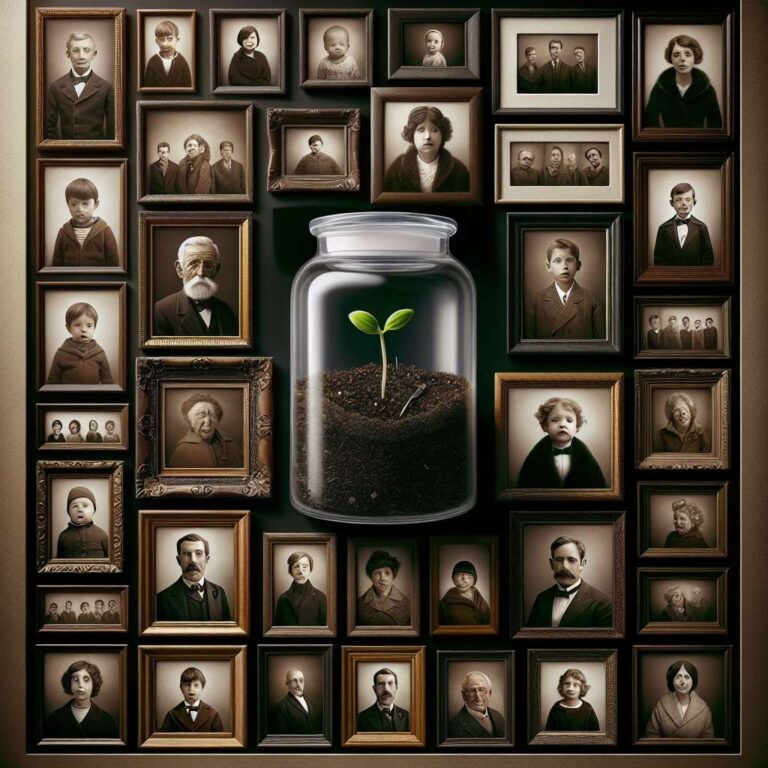Thaddeus Daniel Pierce made headlines this week as the latest, and oldest, baby to be born from a frozen embryo stored for over 30 years. Conceived in 1994, the embryo was older than his birth parents Lindsey and Tim Pierce, who were children themselves when it was created. Thaddeus´s birth breaks the previous record set by twins born from embryos frozen for 30 years, underscoring the incredible longevity and viability of cryopreserved embryos.
This milestone reflects broader changes in family structure facilitated by reproductive technology. Thaddeus already has a 30-year-old sister and a 10-year-old niece. Though Lindsey and Tim are his legal parents, his genetic parents separated decades ago, demonstrating how donor embryos can disconnect genetic relationships from legal and social ones. Stories like this highlight the growing prevalence of embryos stored in cryogenic tanks—estimated to number in the millions—as more individuals and couples turn to in vitro fertilization (IVF) and embryo freezing. Not every embryo will be used by its original creators, for reasons ranging from family decisions and relationship breakdowns to age restrictions imposed by fertility clinics.
Unused embryos may be donated, discarded, or, in some countries, left in legal limbo. Donation to other hopeful parents is relatively rare but possible, as exemplified by Linda Archerd, Thaddeus´s genetic mother, who wishes to meet him. However, embryos can now be tracked through consumer genetic testing, rendering anonymous donation nearly impossible and resulting in unexpected family discoveries. While some fears linger around the social or psychological impact of being donor-conceived—such as large age gaps between siblings or unknown genetic origins—research consistently finds that children born from donor embryos are as well-adjusted as their peers and that parental attachment is unaffected by the lack of genetic ties. Ultimately, reproductive technologies like cryopreservation are expanding the diversity and complexity of family forms in contemporary society, challenging traditional definitions of kinship and parenthood.

